Cats are masters of independence, but even they can feel overwhelmed from time to time. While they might not tell you outright, their body language and behaviors speak volumes. Knowing when your cat needs a little space can improve their happiness and deepen your bond.
Hiding Away in Odd Places
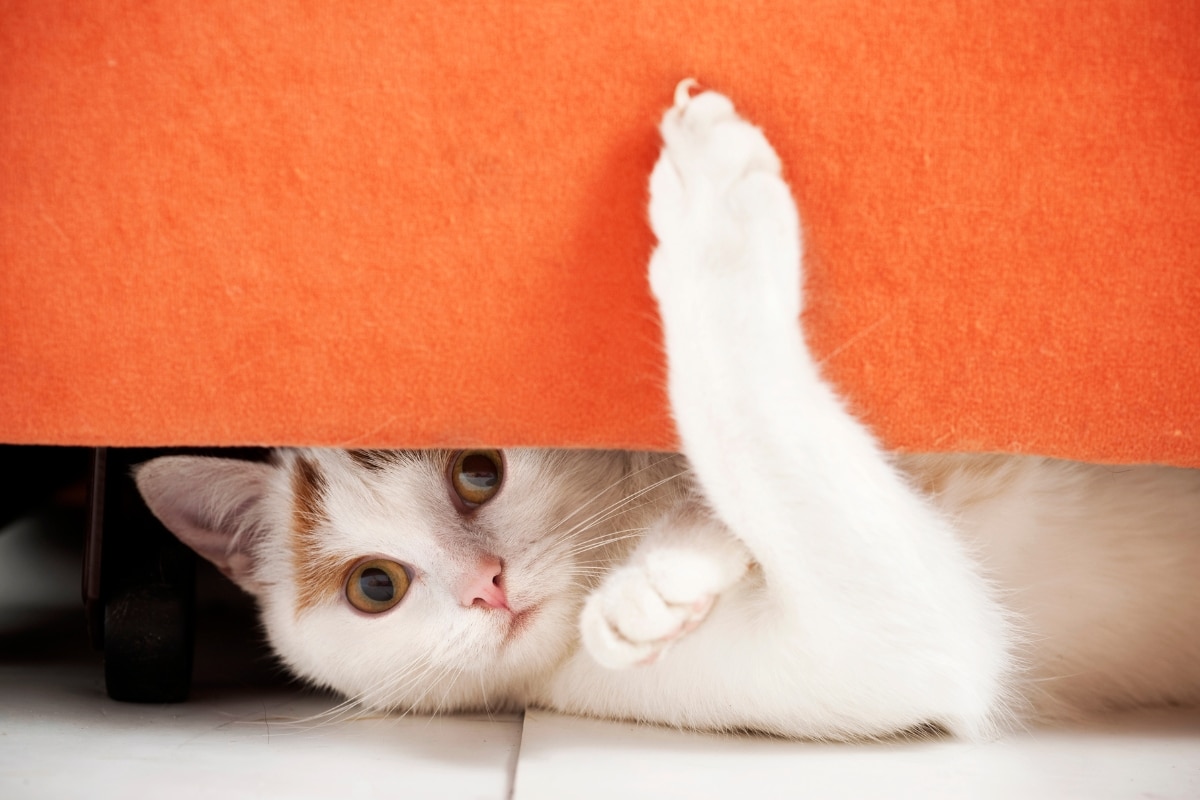
Cats often retreat to secluded areas like under beds or in closets when they feel overstimulated. This behavior signals their need for peace and security, away from the hustle and bustle of daily life. If your cat is disappearing frequently, it might simply be seeking a safe space to unwind.
Avoiding Physical Contact
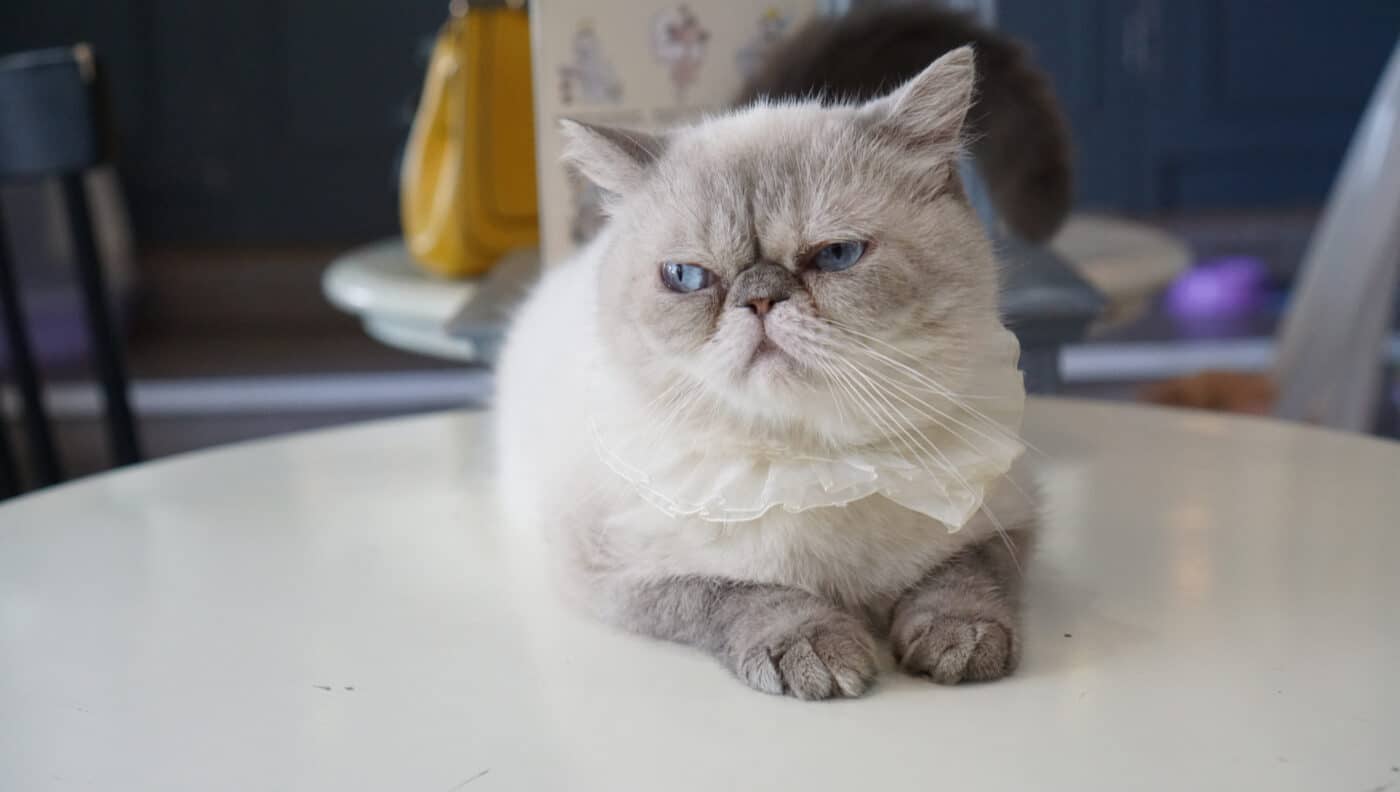
A cat that usually loves petting but starts dodging your hand or walking away may need some space. Physical touch can feel overwhelming when they’re not in the mood for interaction. Respecting their boundaries helps maintain trust and allows them to return to affection on their terms.
Increased Grooming
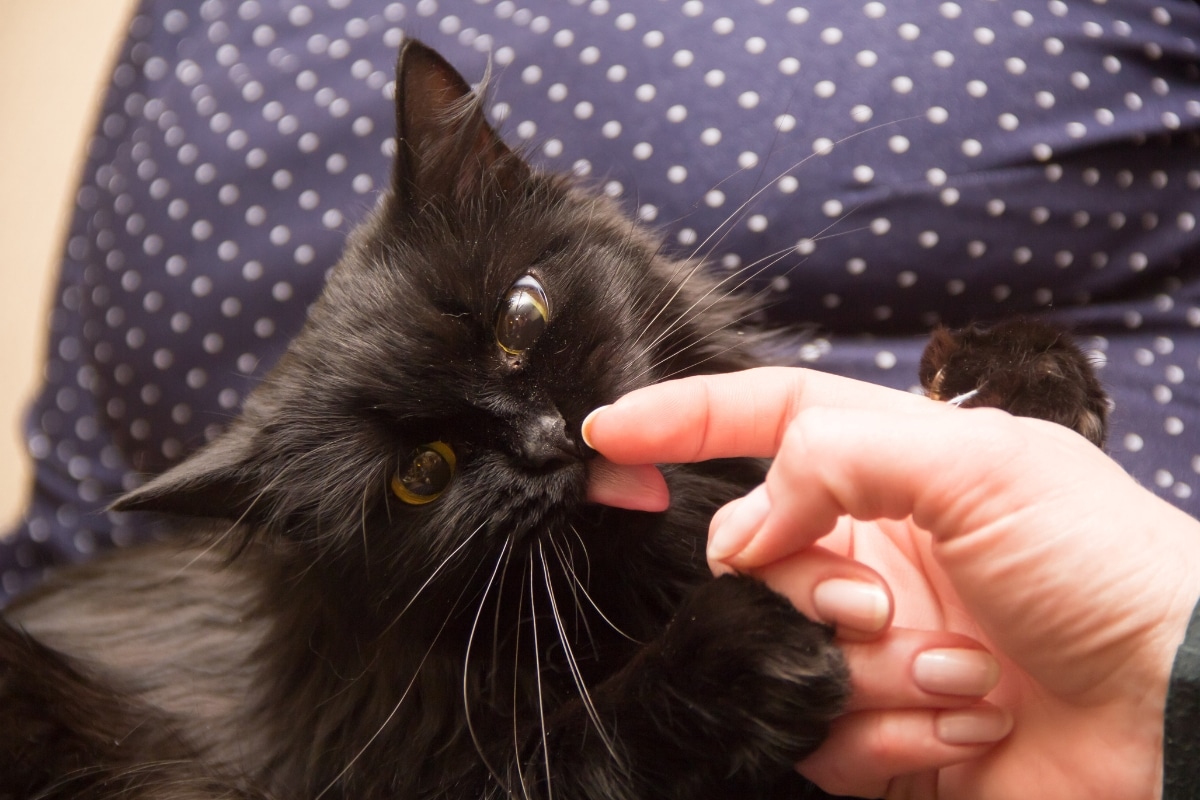
Cats groom themselves as a calming mechanism, so overgrooming can be a sign of stress. You might notice bald patches or excessive licking in one area. Offering a quiet environment can reduce their stress and give them the relaxation they need.
Swatting or Hissing
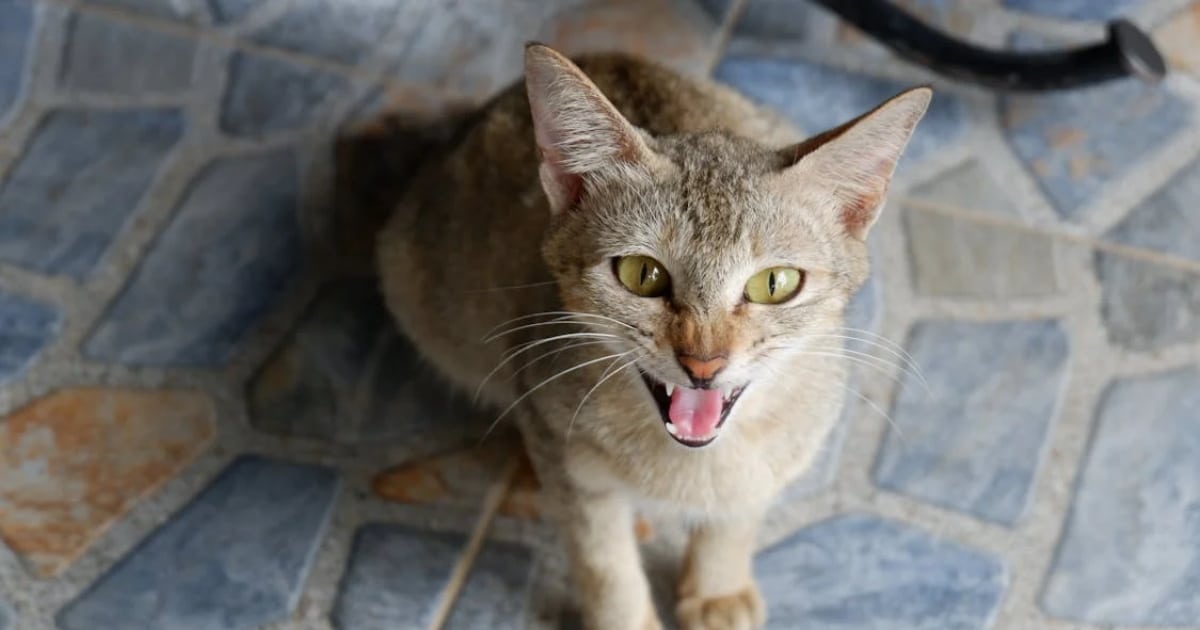
If your usually docile cat starts swatting or hissing, it’s expressing discomfort or frustration. These defensive behaviors are a clear indication that your feline needs space. Give them some time to cool off without forcing interaction.
Change in Sleeping Patterns
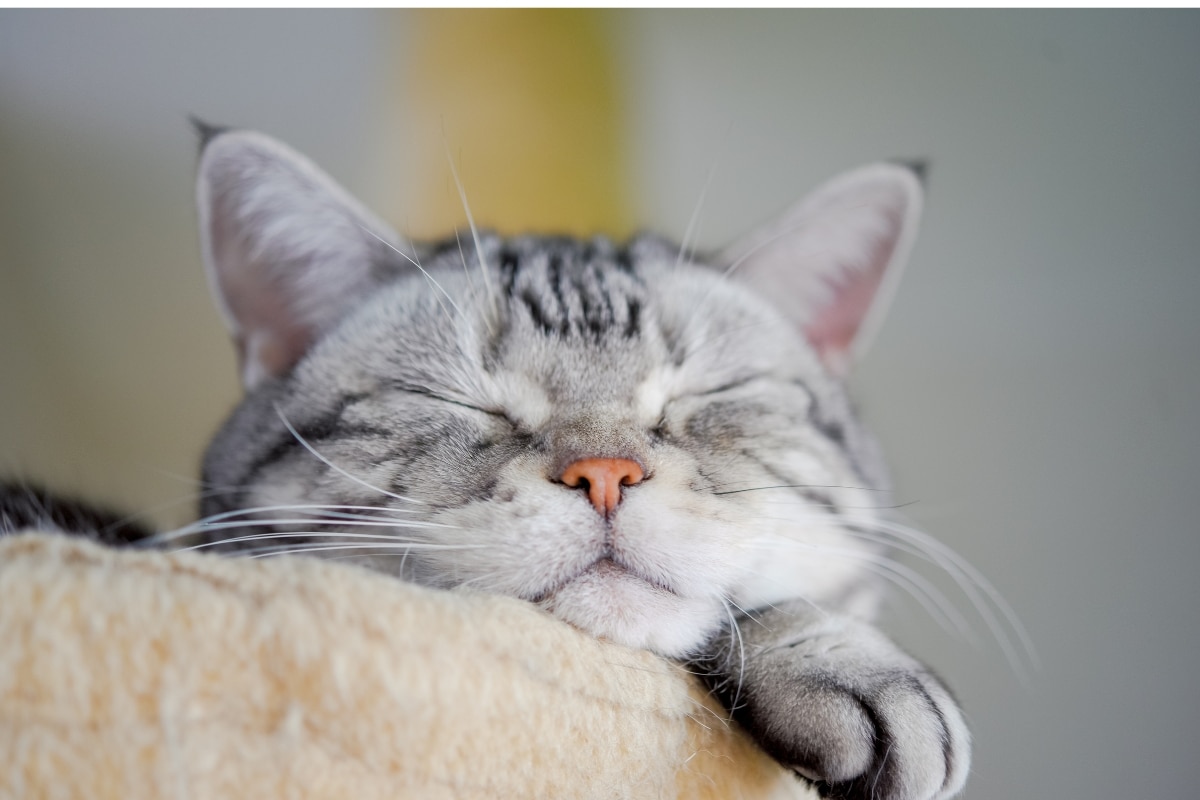
Cats often adjust their sleeping habits when they’re stressed or need solitude. If your cat is sleeping more during the day or moving to hidden spots to nap, they’re likely seeking refuge. Providing a cozy, quiet resting area can help them feel more secure.
Sudden Disinterest in Play
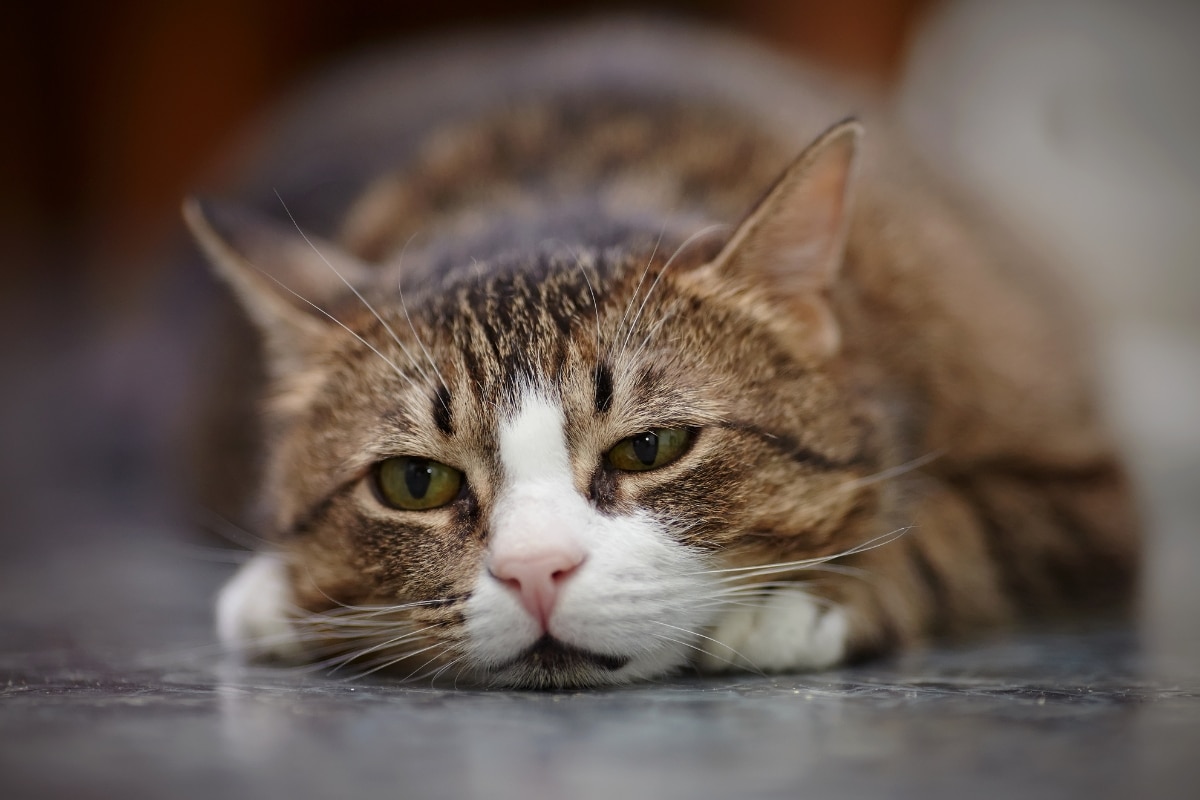
A playful cat suddenly ignoring its toys might be a sign of mental or physical fatigue. They may be feeling overstimulated or just need a break from activity. Give them time to recharge, and they’ll return to their playful selves when ready.
Aggression Toward Other Pets
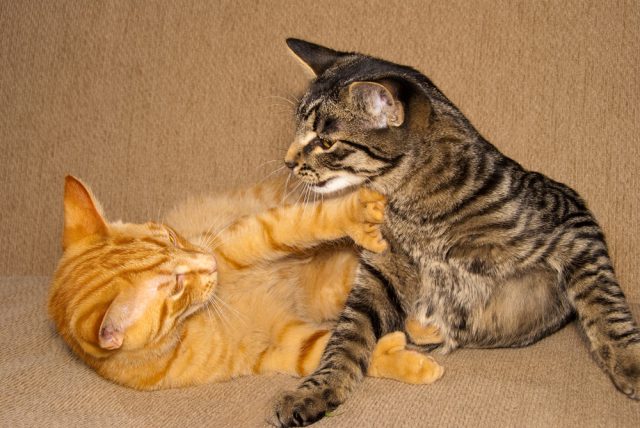
If your cat starts growling, swatting, or avoiding other animals, it may be feeling overwhelmed by too much interaction. This behavior often arises when they need to establish personal boundaries. Ensuring each pet has their own space can prevent further stress.
Excessive Meowing
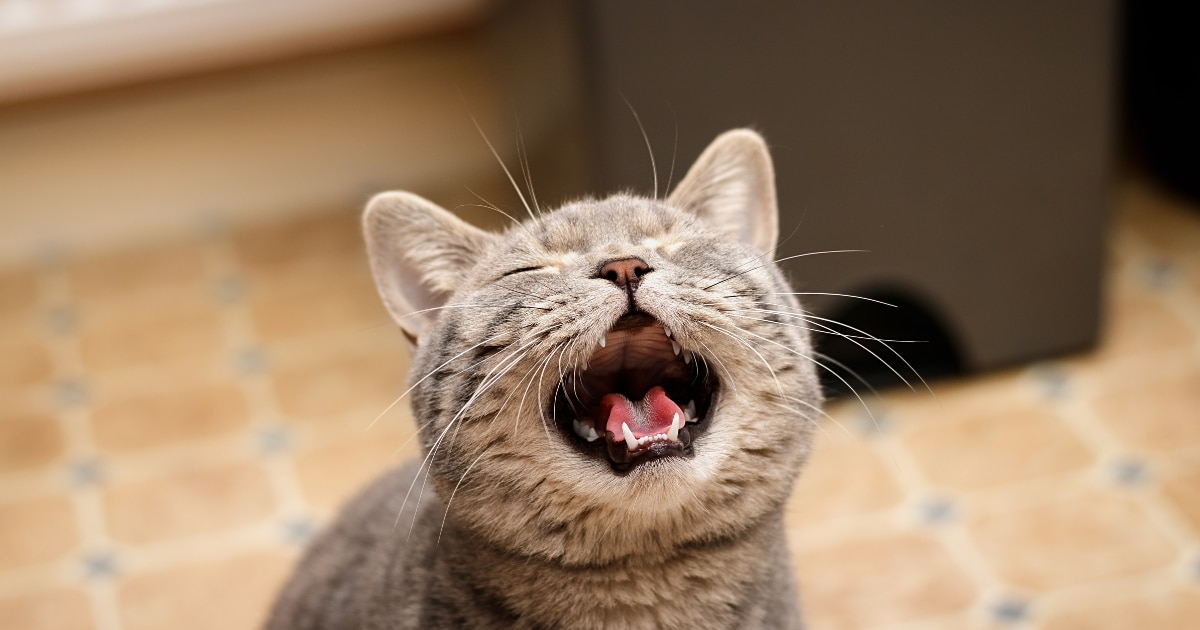
A cat that meows persistently might be trying to communicate its need for peace and quiet. The vocalization can be a way of saying, “I need some alone time.” Pay attention to the context and create a calm space to help them relax.
Turning Away at Mealtime
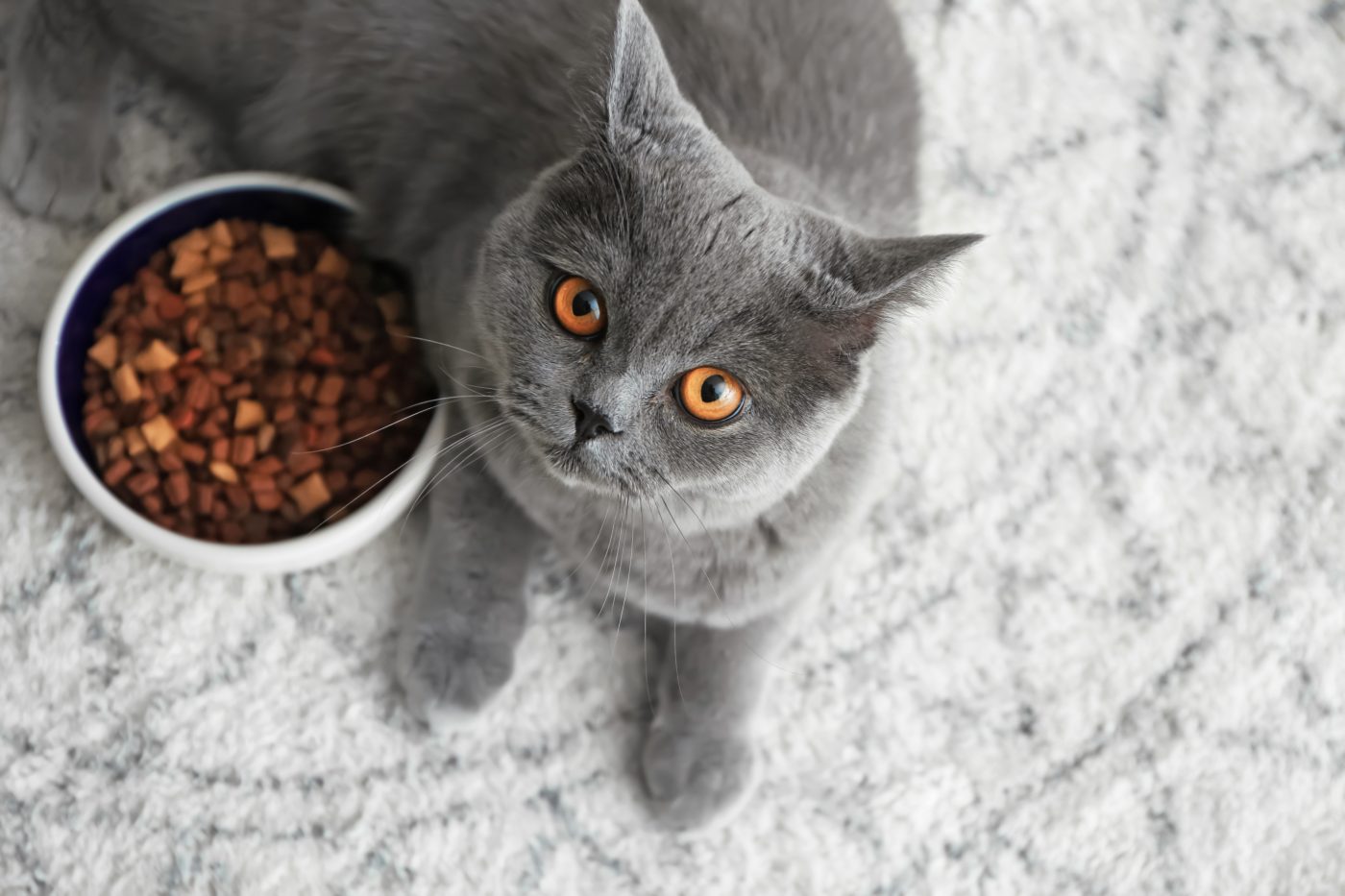
Cats may refuse food if they’re feeling stressed or overstimulated. This behavior could be their way of signaling that they need some downtime before engaging in social activities like eating. Ensure their feeding area is quiet and free of distractions.
Frequent Litter Box Visits
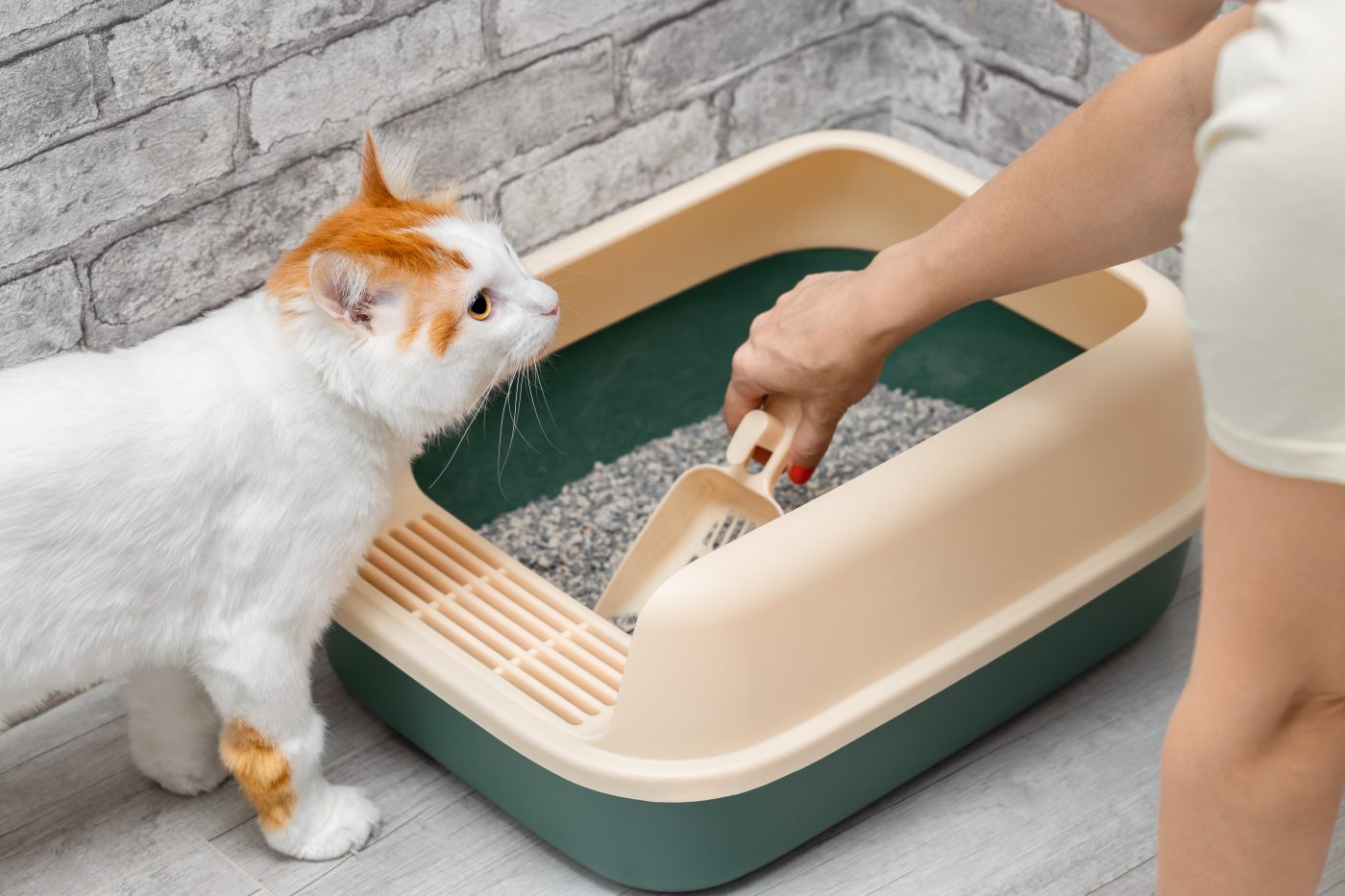
Some cats retreat to their litter box when seeking solitude, as it feels like a safe, enclosed space. If your cat is spending an unusual amount of time there, it could be a sign they need some peace. Providing alternative cozy hideouts can redirect this behavior.
Unusual Clinginess Followed by Withdrawal
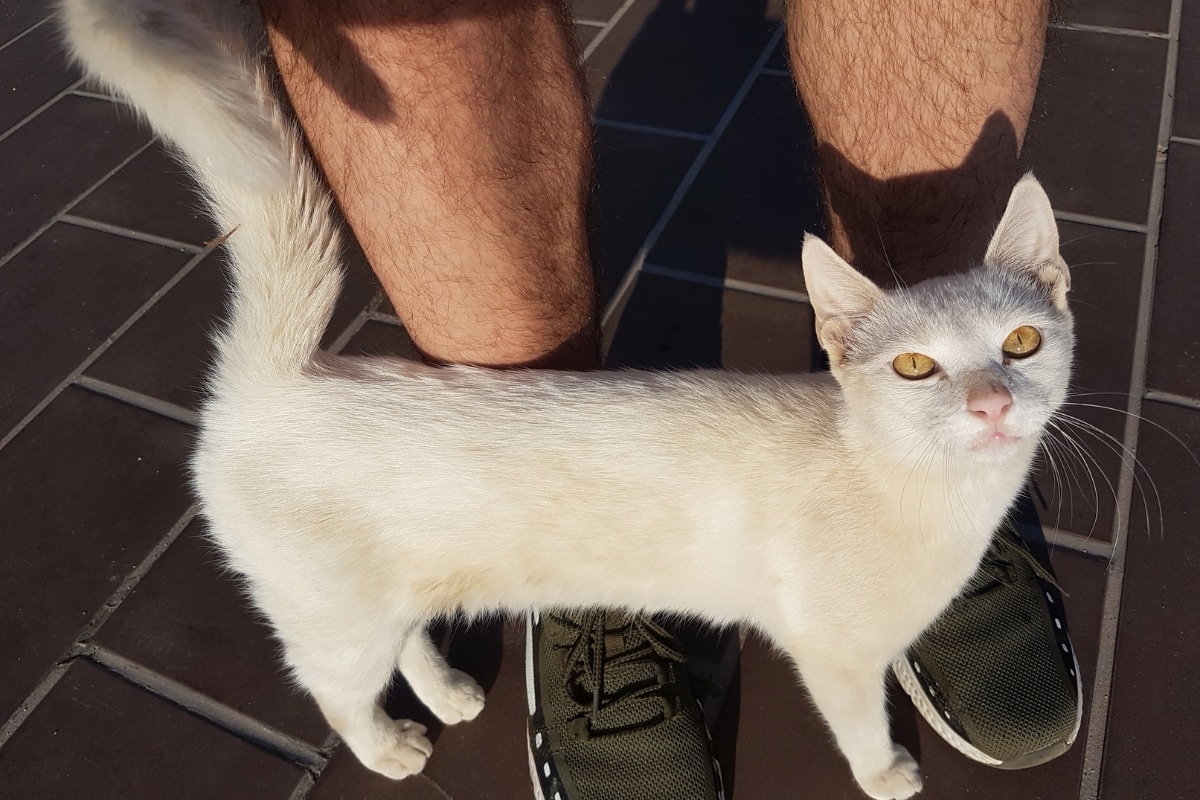
Cats sometimes exhibit clinginess before pulling away entirely, which can be confusing. This behavior reflects their internal struggle between seeking comfort and needing space. Respecting their signals ensures they get the balance they need to feel secure.
Helping Your Cat Recharge
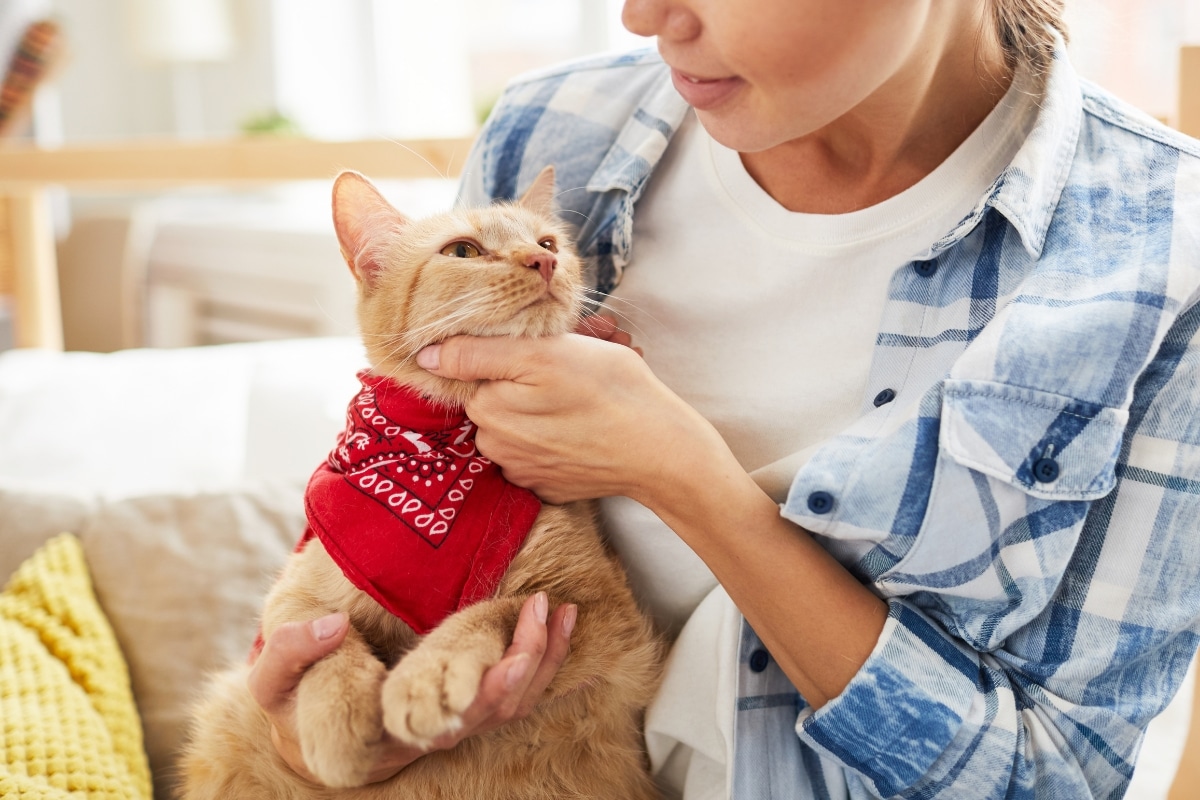
When your cat shows signs of needing “me time,” it’s their way of asking for a little emotional reset. Providing them with cozy hideouts, a quiet environment, and respecting their boundaries can make a world of difference. These small actions show your feline friend that their feelings are valued, fostering trust and happiness.

